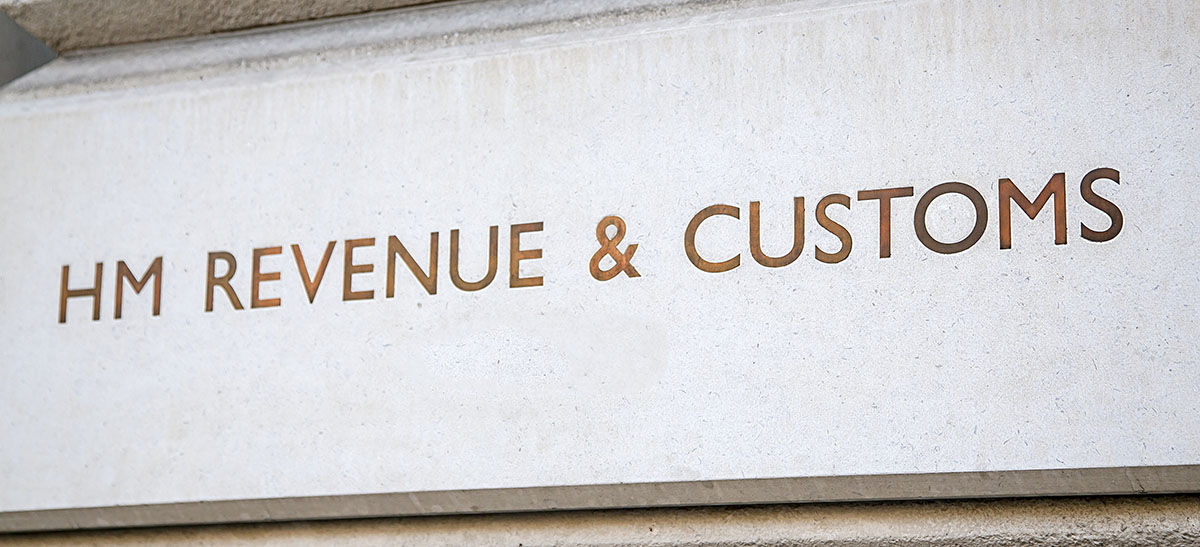Management Buy Out – Changes by HMRC
HMRC » March 25, 2022

There has been a change in HMRC’s practice where companies are purchasing their own shares. This will be relevant for family law practitioners if their clients are due to receive or pay part of their settlement by way of a company purchase of own shares.
A typical example would be A and B are both 50/50 shareholders of X Ltd. A will continue running the company, B will resign as director and pass the shares back to either B or X Ltd. If X Ltd buy the shares from B, this is often the most tax efficient way to get money out of the company. There is no tax charge on removing the funds from X Ltd and B only pays capital gains tax on the gain on selling the shares back. This is often more tax efficient than say A taking out a dividend from the X Ltd to pay B.
In some cases, this purchase is completed by a single contract with B paid out over a number of years. This is often the case where the company does not have all the money to pay the total amount immediately. HMRC’s new approach says that if the shares are sold in stages, this would disqualify the transaction. One of the conditions to secure the capital treatment of the purchase is that the company does not remain connected to the shareholder.
Where there are multiple completion dates, HMRC will take the view that the shareholder (person B in our example) will continue to be connected with the company within the meaning of section 1062 CTA 2010: “A person is connected with a company if the person directly or in directly possesses, or is entitled to acquire more than 30% of the issued ordinary share capital of the company”. HMRC take the position the test is met because the shareholder remains the legal owner of the shares until completion – even though the beneficial ownership of the shares passes to the company as a result of the sale contract. But HMRC deem ‘possess’ to mean legal rather than beneficial ownership.
If your client is part of a purchase of own shares arrangement, and the purchase is taking place over a number of years, further tax advice should be sought as to whether this is still the most tax efficient option for your client.
